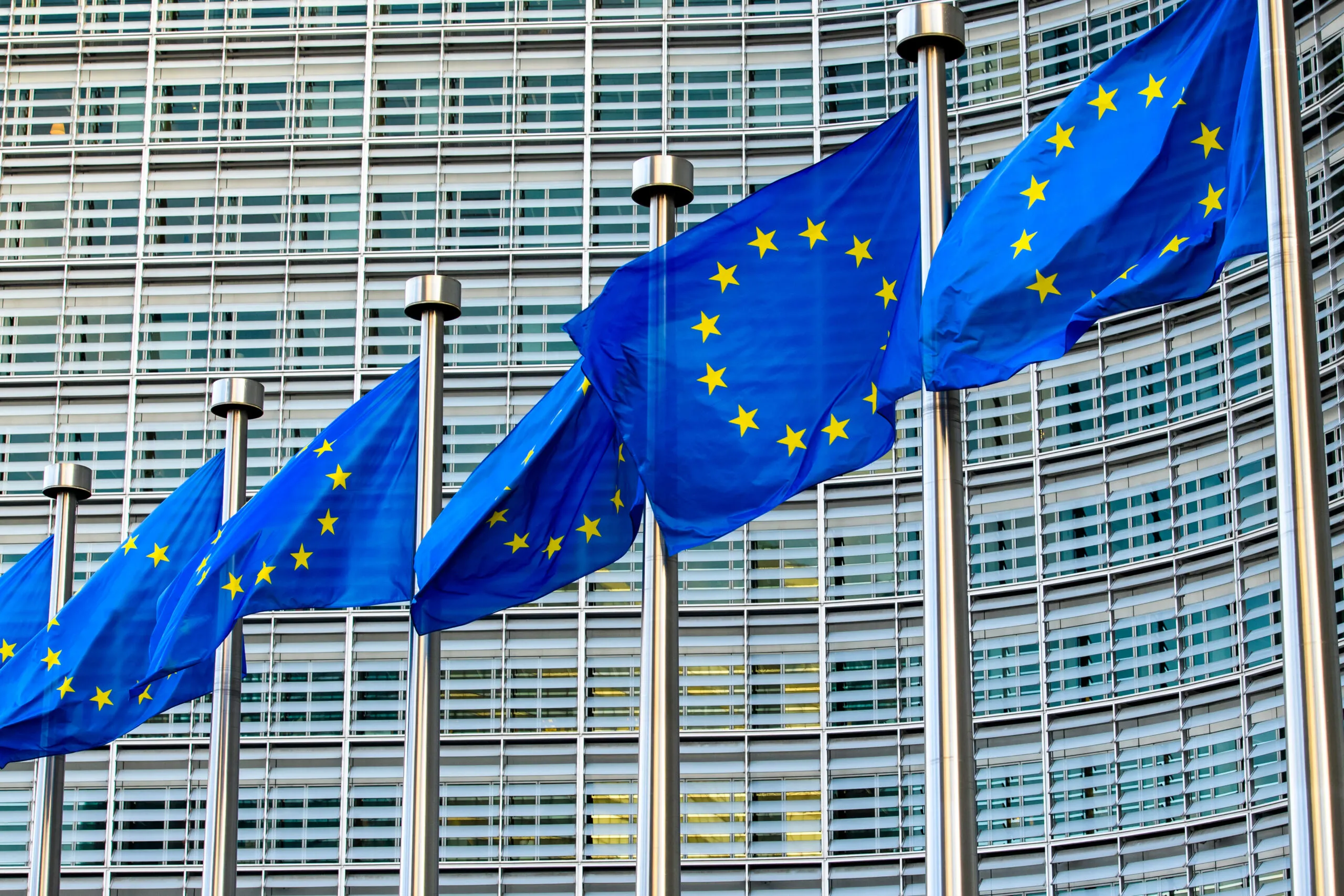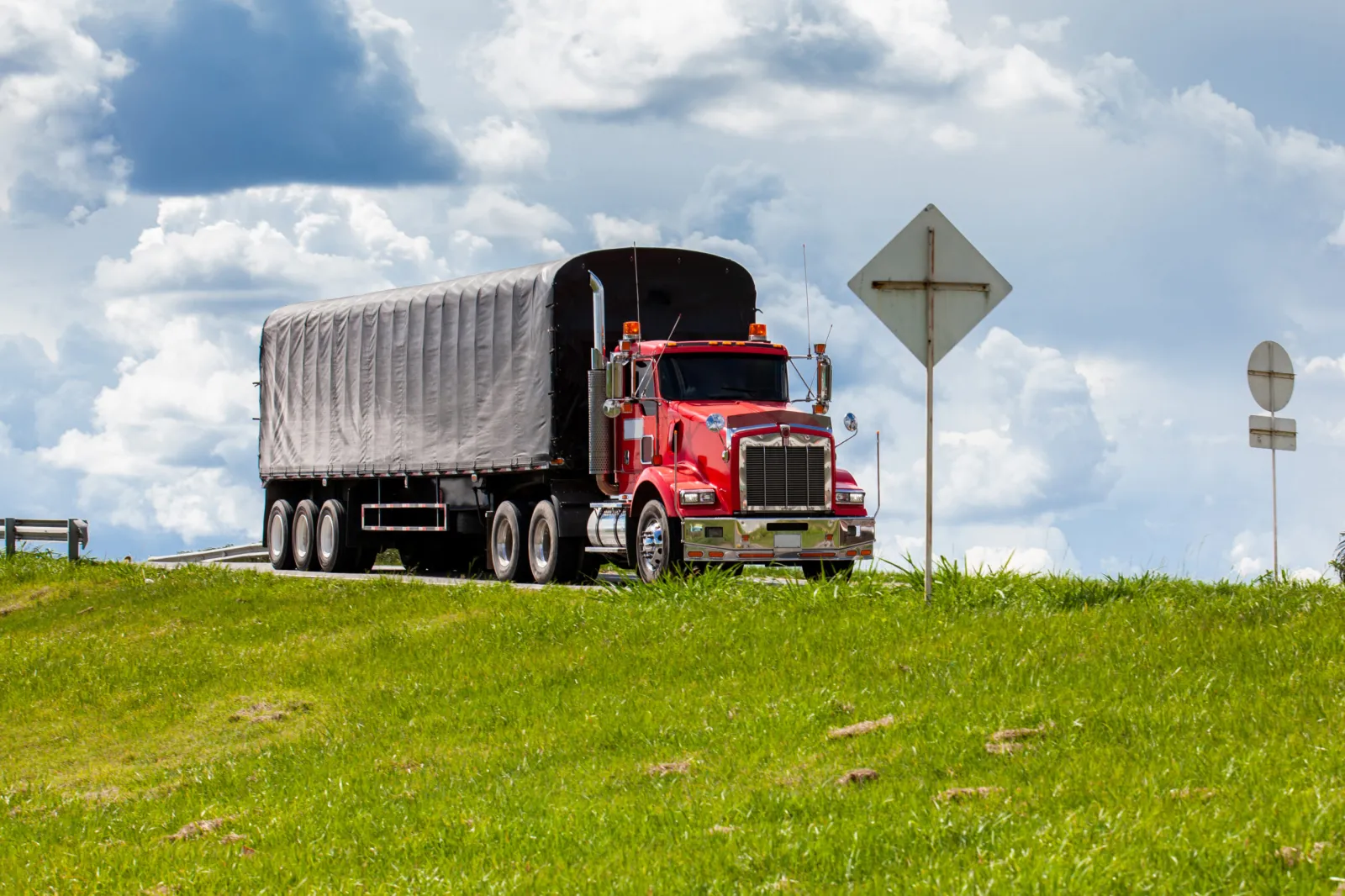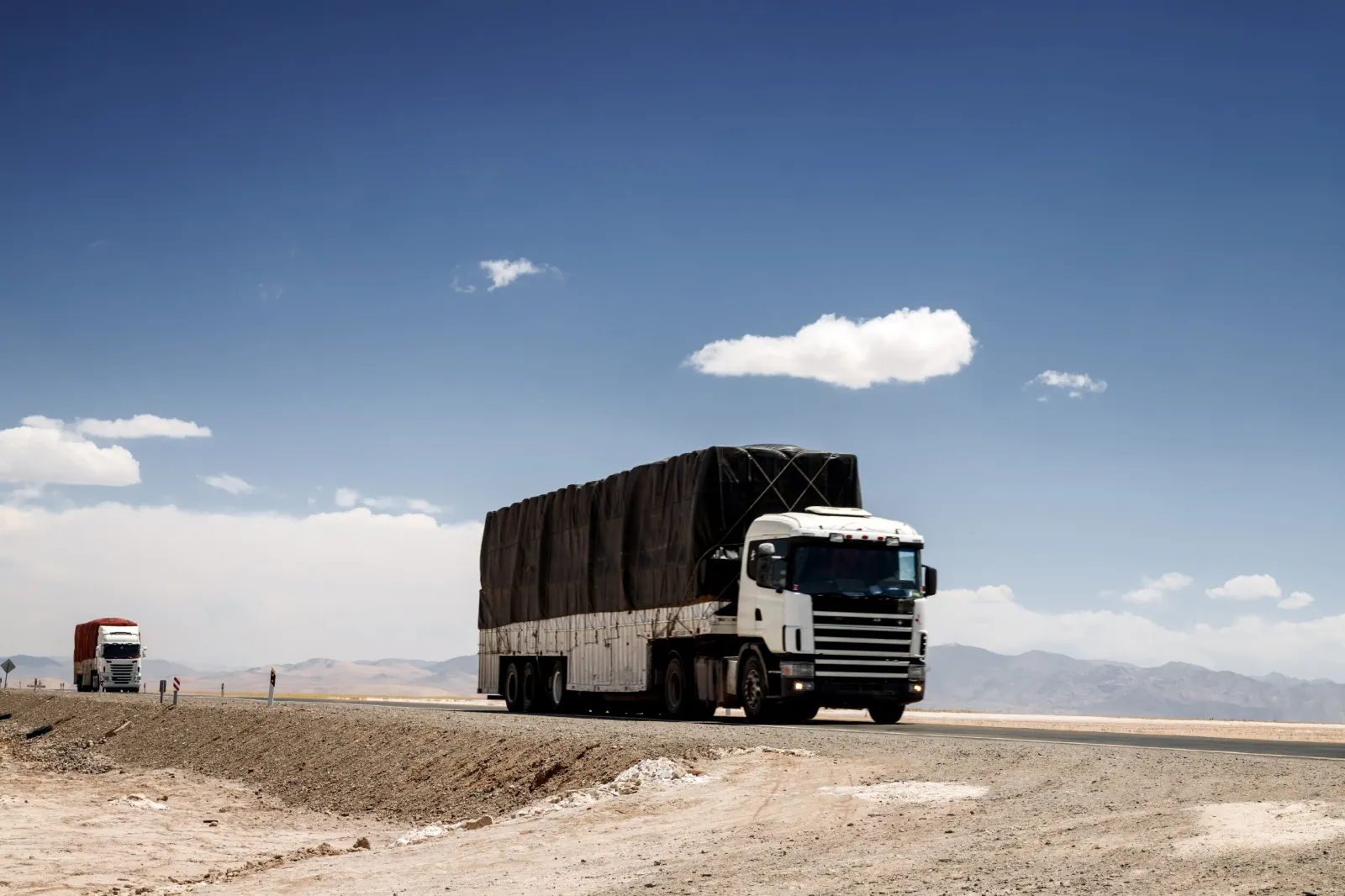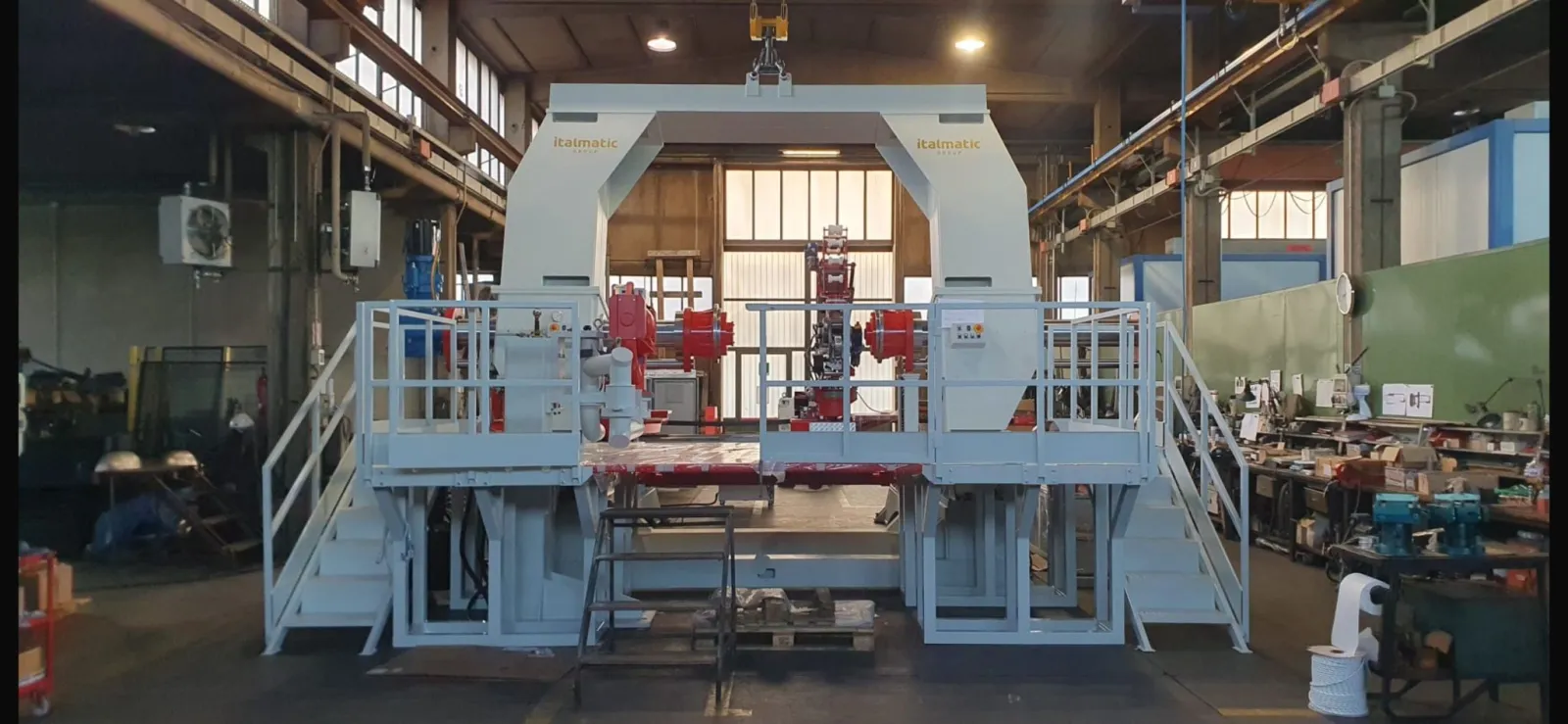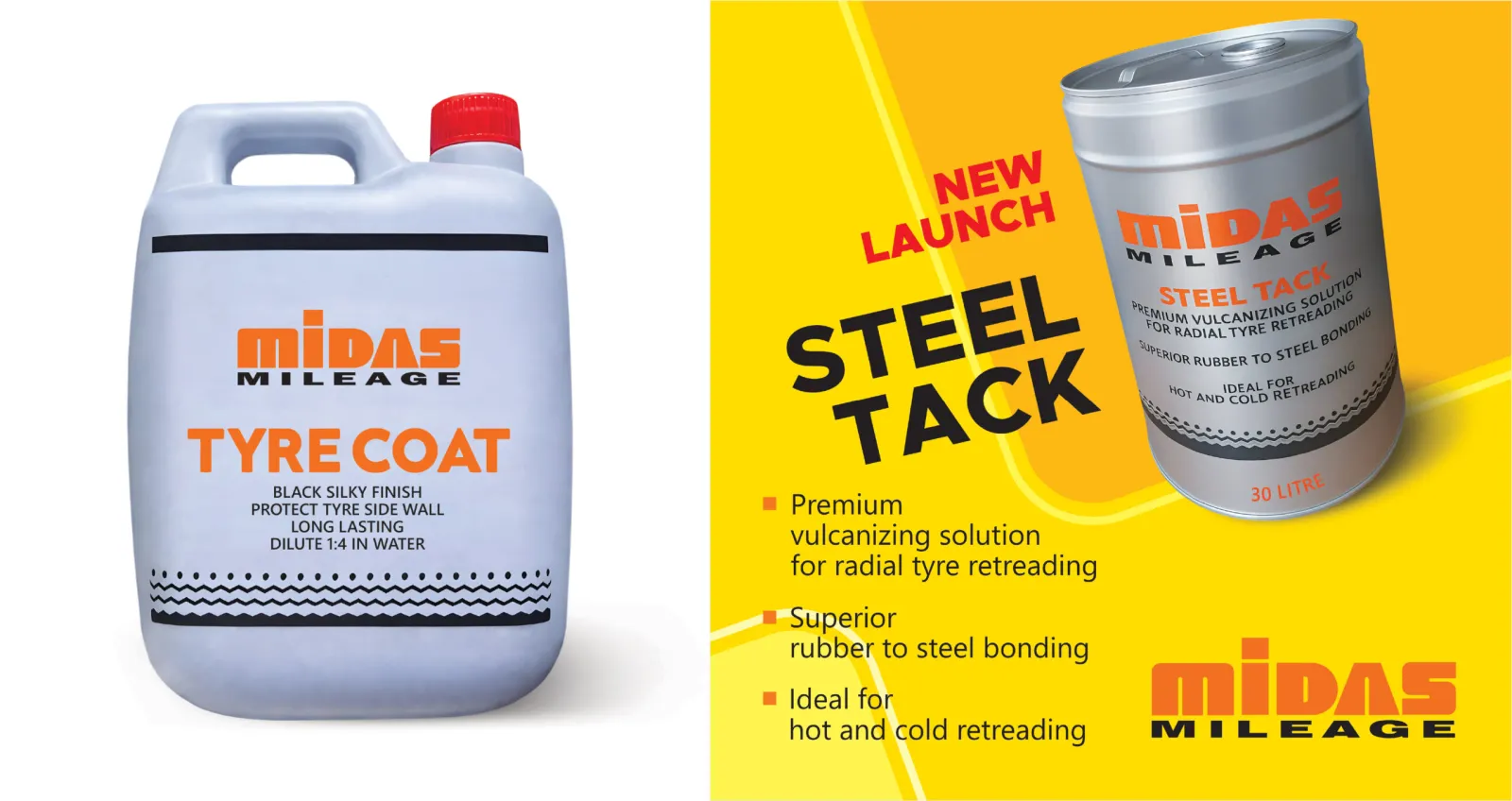The European Commission has proposed a series of targeted measures designed to ensure the smooth and timely implementation of the EU Deforestation Regulation (EUDR). The initiative aims to help companies, global stakeholders, third countries and Member States prepare for the regulation’s requirements, while maintaining the EU’s commitment to tackling global deforestation.
Easing Rollout Pressure
The proposal seeks to ensure that the EUDR’s central information technology system is fully operational and capable of handling the large number of due diligence statements expected to be submitted once the regulation enters into force. At the same time, it introduces simplified procedures and reporting obligations, particularly for micro and small operators from low-risk countries, without undermining traceability or environmental standards.
In response to feedback gathered throughout 2024 and 2025, the Commission is proposing several simplifications to reduce regulatory burdens on companies. In particular, downstream operators and traders, such as retailers or large European manufacturers that place EUDR-regulated products on the market, will no longer be required to submit separate due diligence statements. Instead, only one statement, submitted by the operator that first places the product on the EU market, will be needed for the entire supply chain. A single due diligence statement submitted by the importer of cocoa beans will cover the whole supply chain, so downstream chocolate manufacturers will not need to provide additional declarations.
Micro and small primary operators in low-risk countries will also benefit from a simpler, one-off declaration in the EUDR IT system. When the necessary information is already available in a Member State database, no further action will be required. These changes replace the previous obligation to submit regular due diligence statements and are expected to reduce businesses’ administrative costs by around 30 per cent. The Commission has also proposed a staggered application timeline to facilitate a smoother transition and reinforce the capacity of the EUDR’s IT infrastructure. The regulation will apply to large and medium-sized companies from 30 December 2025, while micro and small enterprises will have until 30 December 2026. Larger firms will benefit from a six-month grace period for checks and enforcement, allowing time to adapt to the new system.
Adopted in June 2023, the EU Deforestation Regulation is a central component of the EU’s environmental strategy to prevent products linked to deforestation and forest degradation, such as cocoa, coffee, palm oil, timber, soy and natural rubber, from being placed on or exported from the EU market.
Natural rubber, one of the commodities covered by the EUDR, is particularly relevant to the tyre and retreading industries. Companies sourcing natural rubber for tyre manufacturing will need to demonstrate that the material does not originate from land affected by deforestation or forest degradation after 31 December 2020.
The proposed simplifications, especially the single-entry due diligence statement and extended implementation timeline, are expected to ease compliance for smaller operators in the rubber supply chain, while reinforcing transparency and traceability across global markets.

